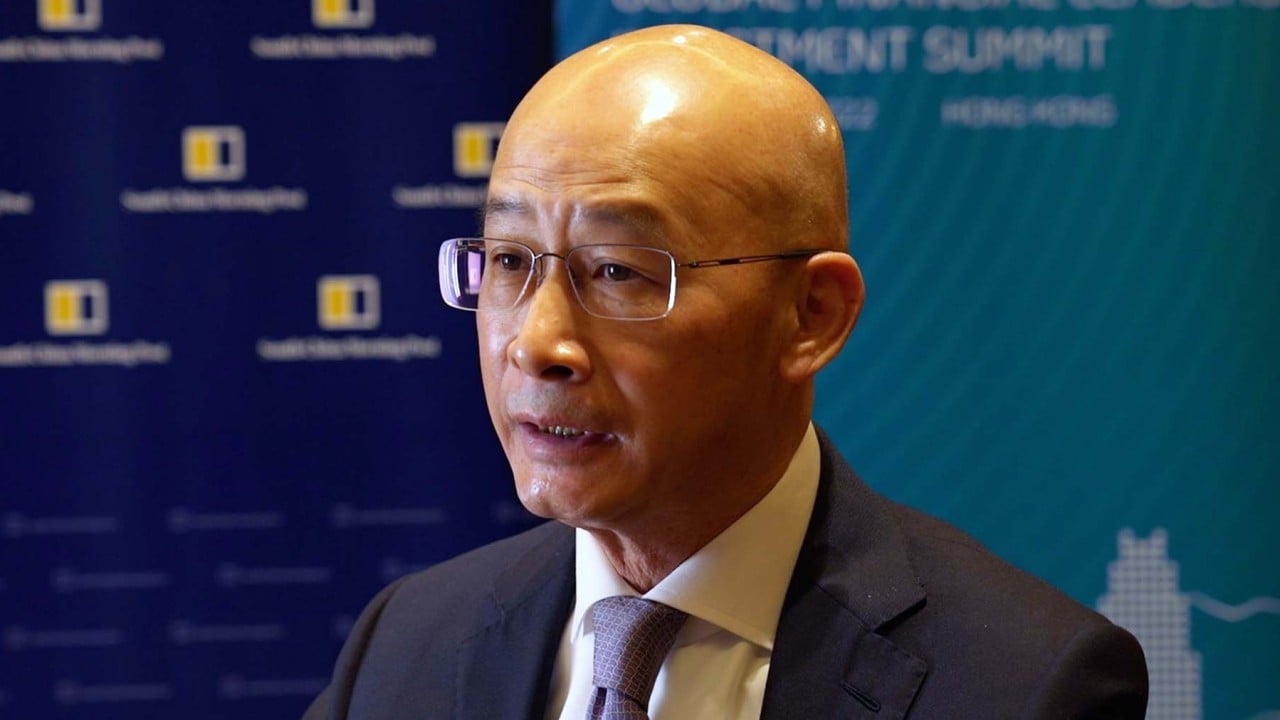
Why Hong Kong should trust more local, home-grown managers with its financial assets
- Asset management is critical to Hong Kong’s success as a financial centre, a reputation that has been battered in recent years
- Instead of trusting most of Hong Kong’s assets to global managers, the government could show greater confidence in the local asset management industry
The asset management industry, which encompasses private equity and venture capital, plays a pivotal role in the success of Hong Kong’s financial services sector.
Once a city reaches a critical mass of investment assets, it will spur the growth of financial intermediaries (e.g., banks, securities firms) and professional services companies (e.g., legal, accounting), which in turn attracts a skilled workforce. The cycle is self-reinforcing, as a well-developed ecosystem of intermediaries and service providers will attract even more capital and talent. By promoting the local asset management industry, cities can establish themselves as financial hubs.

To overcome the broader headwinds, the government must take bold action. The most direct and effective way is to reinforce Hong Kong’s role as Asia’s leading international finance centre is to strategically deploy its vast financial resources to support proven home-grown, local-based investment managers.
Hong Kong is in an enviable position in that the government, through the Hong Kong Monetary Authority (HKMA), manages one of the world’s largest reserves with HK$4 trillion of financial assets, of which some HK$370 billion is dedicated to private equity. The government outsources the bulk of its investment management to external fund managers.
This needs to change. While giving the bulk of the capital to well-known global and regional managers may be expedient, it is not in Hong Kong’s best interests in the long term.
As experience around the world has shown, while non-local firms have the option of retreating from markets when the going gets tough, local companies tend to stand firm in their home market, and therefore deserve more than mere platitudes. The HKMA should seek a better balance in its investment manager selection between well-established global/regional firms and promising home-grown, local-based managers.
This would send a strong signal that Hong Kong is serious about nurturing local private equity managers (and by extension, the local asset management industry) who can complement the global/regional investment managers. Local investment management companies in Hong Kong deserve a powerful vote of confidence from the Hong Kong government and its capital.
We don’t have to look far to find examples of public institutions adopting a more balanced investment manager selection approach. As I understand it, in an effort to adjust its previous bias in favour of global managers, the endowment fund of one of Hong Kong’s top universities has made it a practice to support local fund managers. We need the HKMA and other Hong Kong public institutions to follow suit.
In conclusion, the HKMA must invest more with local investment managers, including private equity and venture capital firms. This will require a more balanced approach to manager selection and a mindset shift to support home-grown, local-based investment firms. Bold and proactive action is needed to propel the growth of the industry amid the challenging environment.
Let’s ensure that Hong Kong’s resources are deployed more strategically towards those who can help it the most, with the aim of grooming home-grown powerhouses that will help secure our city’s future as the leading international financial centre in Asia.
Kuo Chuan Kung is a private equity investor in Asia with a career investing across Greater China and other Asian markets. He is the founder and managing partner of Nexus Point, a Hong Kong-based Asian private equity firm


